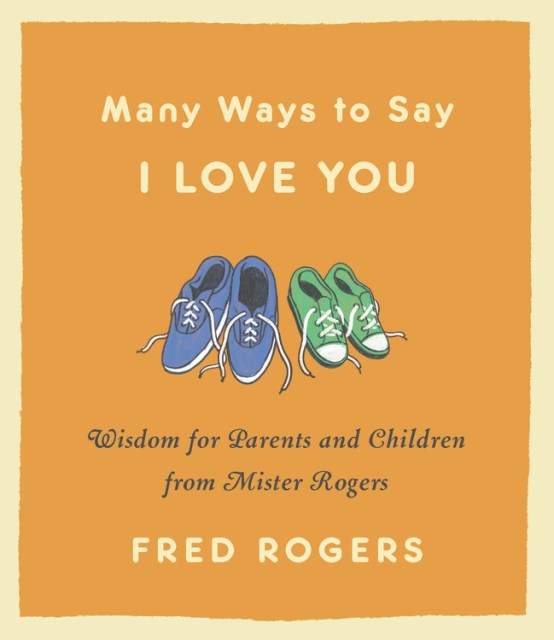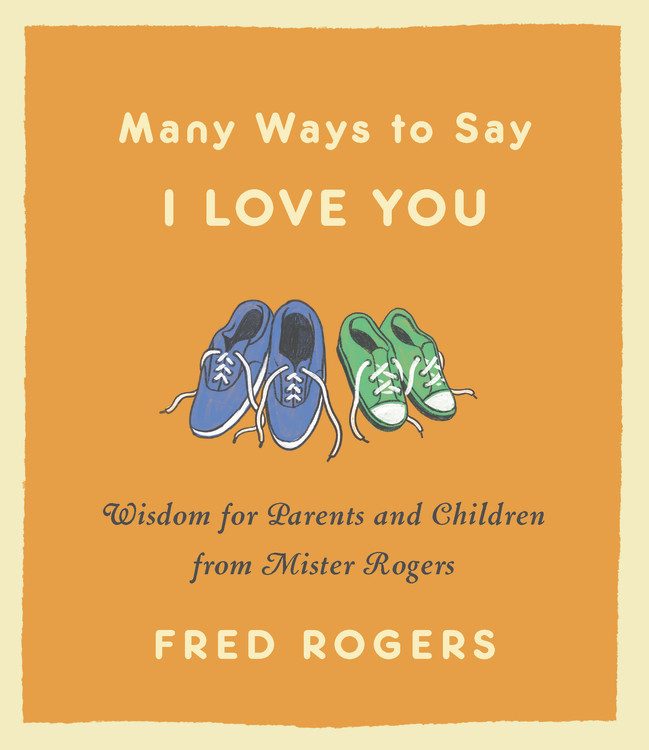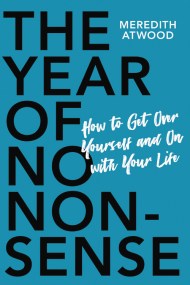Promotion
Use code MOM24 for 20% off site wide + free shipping over $45
Many Ways to Say I Love You
Wisdom for Parents and Children from Mister Rogers
Contributors
By Fred Rogers
Formats and Prices
Price
$22.00Price
$28.00 CADFormat
Format:
- Hardcover (Revised) $22.00 $28.00 CAD
- ebook $14.99 $19.99 CAD
This item is a preorder. Your payment method will be charged immediately, and the product is expected to ship on or around September 3, 2019. This date is subject to change due to shipping delays beyond our control.
Also available from:
Fred Rogers has long been a wonderful resource for parents, offering their children entertainment and education through his enduring television show. Now his special brand of good cheer and wisdom are brought together especially for parents in this newest book based on never-before-published works.
Many Ways to Say I Love You is a treasury of segments from speeches and observations from his years of working with parents and children, as well as other materials from books, songs, TV commentary, and more. Using stories from his own life, Mister Rogers discusses the importance of children and the role of parents.
Genre:
- On Sale
- Sep 3, 2019
- Page Count
- 192 pages
- Publisher
- Hachette Books
- ISBN-13
- 9780316492560
Newsletter Signup
By clicking ‘Sign Up,’ I acknowledge that I have read and agree to Hachette Book Group’s Privacy Policy and Terms of Use







